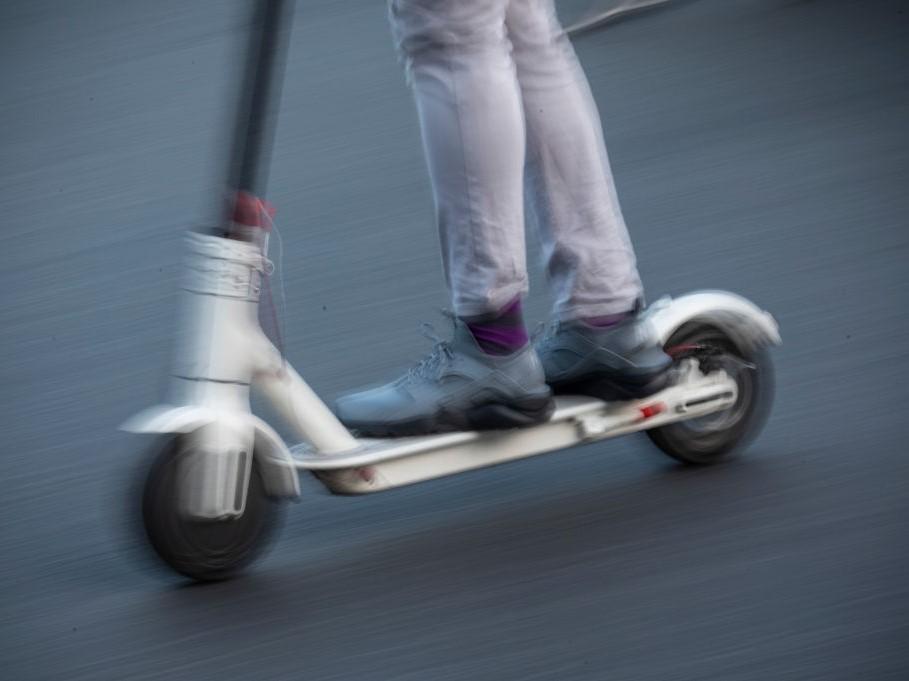Electric scooter trial quietly extended in London
Bird e-scooters are limited to Olympic Park due to 1835 Highway Act

Your support helps us to tell the story
From reproductive rights to climate change to Big Tech, The Independent is on the ground when the story is developing. Whether it's investigating the financials of Elon Musk's pro-Trump PAC or producing our latest documentary, 'The A Word', which shines a light on the American women fighting for reproductive rights, we know how important it is to parse out the facts from the messaging.
At such a critical moment in US history, we need reporters on the ground. Your donation allows us to keep sending journalists to speak to both sides of the story.
The Independent is trusted by Americans across the entire political spectrum. And unlike many other quality news outlets, we choose not to lock Americans out of our reporting and analysis with paywalls. We believe quality journalism should be available to everyone, paid for by those who can afford it.
Your support makes all the difference.An electric scooter trial in London's Queen Elizabeth Olympic Park has been extended despite UK laws prohibiting their wider roll-out.
The Bird e-scooters were first introduced to the park in November 2018 as an alternative form of transport to get around the 560-acre space in east London.
The trial was originally only supposed to run for a few months but has been now been extended twice. It will now run until the end of September 2019, according to an update to the park's website.
"Queen Elizabeth Olympic Park is the first location in the UK to formally trial e-scooters," the park's site states.
"Electric scooters offer an environmentally friendly mode of transportation and Bird electric scooters operate in cities around the world."
Bird scooters have proved popular in the Olympic park, costing £1 to unlock through a smartphone app and an additional 20p per minute to ride.
But the scooters cannot be taken out of the park, as they are illegal on the roads unless they are registered and taxed.
The 1835 Highway Act also prevents people from riding them on pavements, as it prohibits anyone from riding a "carriage of any description" on a footpath.
This hasn't stopped people from using private scooters and earlier this month London recorded its first ever electric scooter death after YouTube star Emily Hartridge was struck by a lorry in Battersea.
A second person suffered a serious head injury after crashing into a bus stop.
The death of Ms Hartidge prompted the Department of Transport to warn e-scooter retailers to inform customers of the current road laws.
"This is an issue that needs careful consideration," Nick Lloyd, head of road safety at the Royal Society for the Prevention of Accidents, said following her death.
"The use of electric scooters is increasing, including on the roads and pavements where they are currently illegal, and so we would urge the government to take a look at current legislation to ensure it is fit for purpose to maximise the safety of road users, as you would expect it to with any change in transport technology."
Join our commenting forum
Join thought-provoking conversations, follow other Independent readers and see their replies
Comments